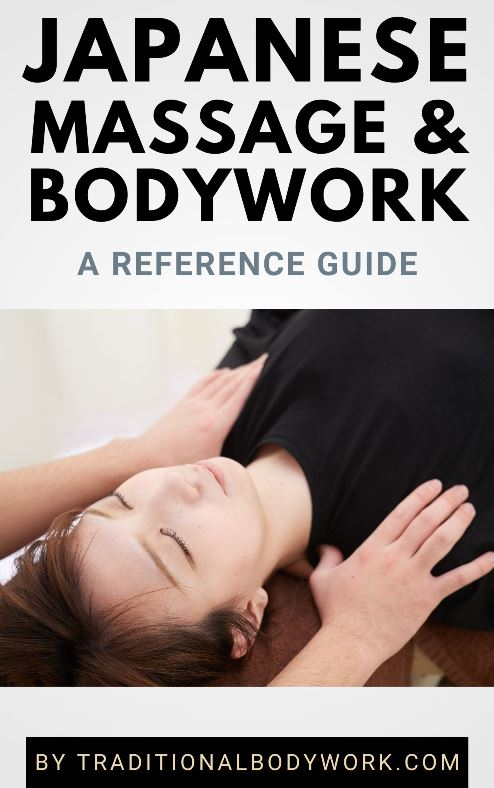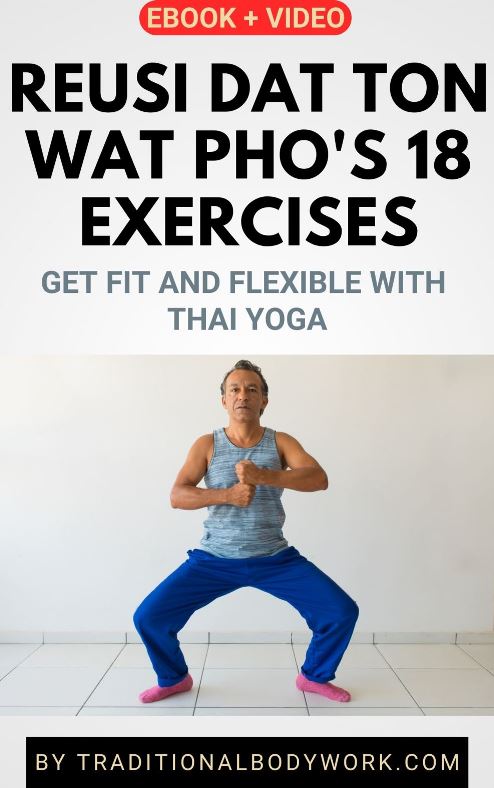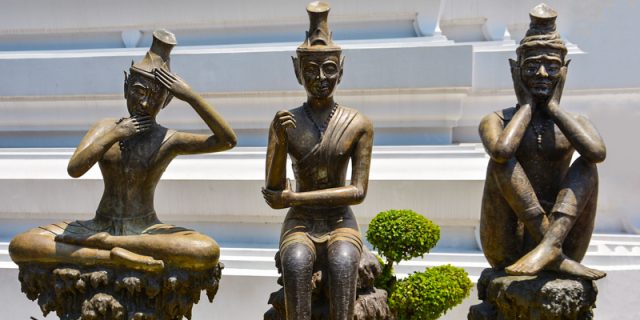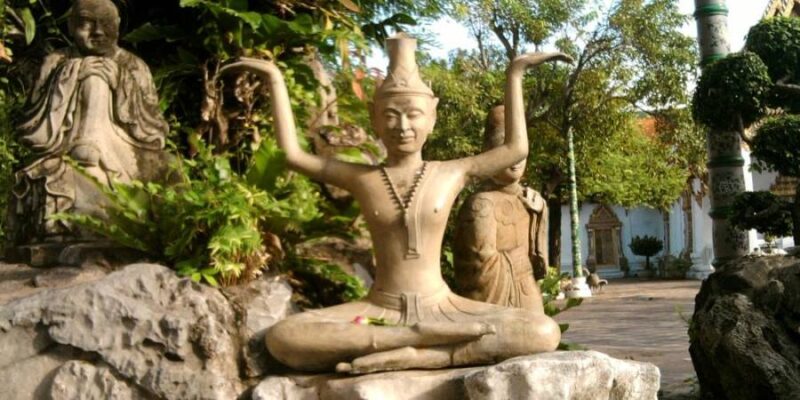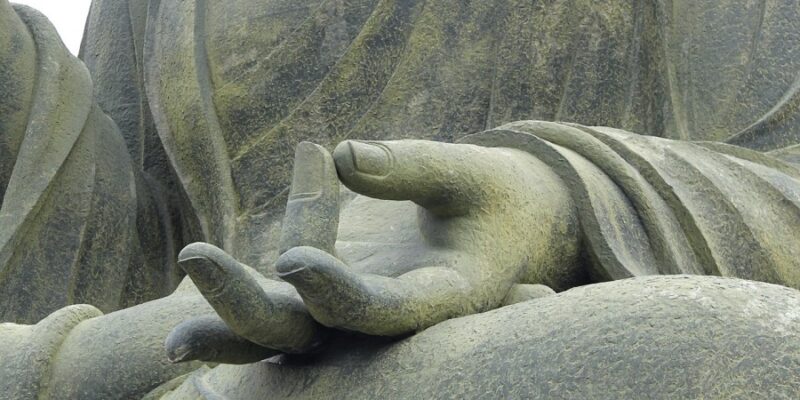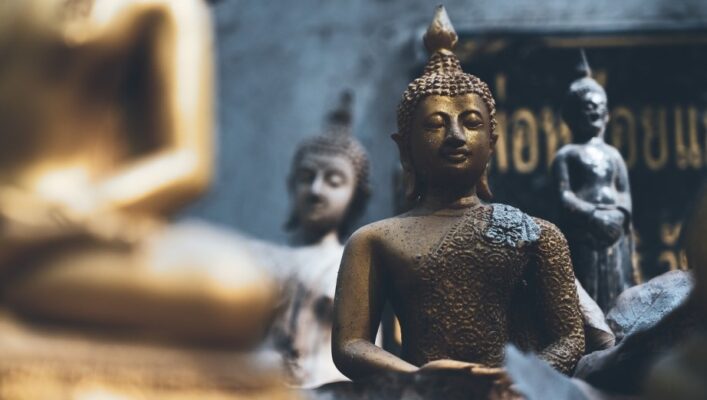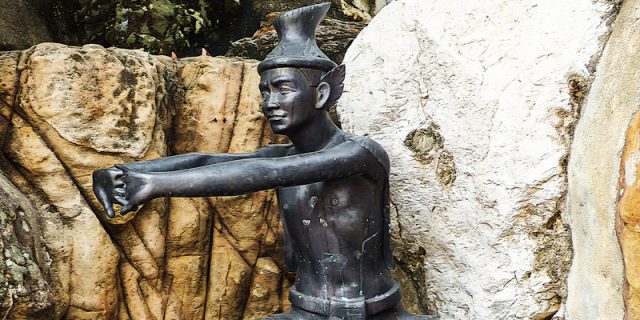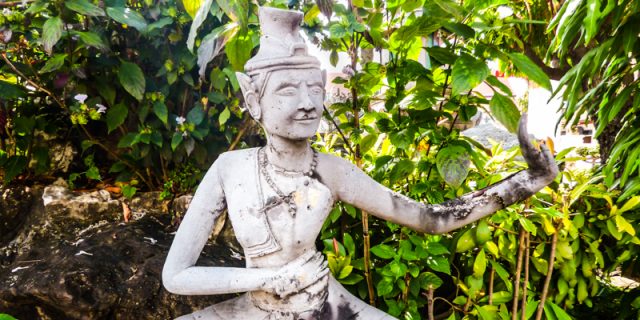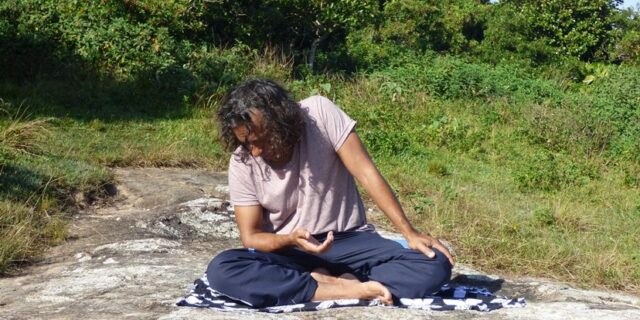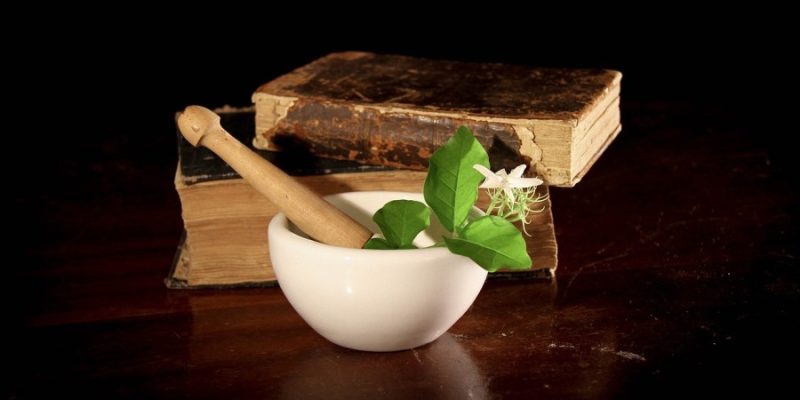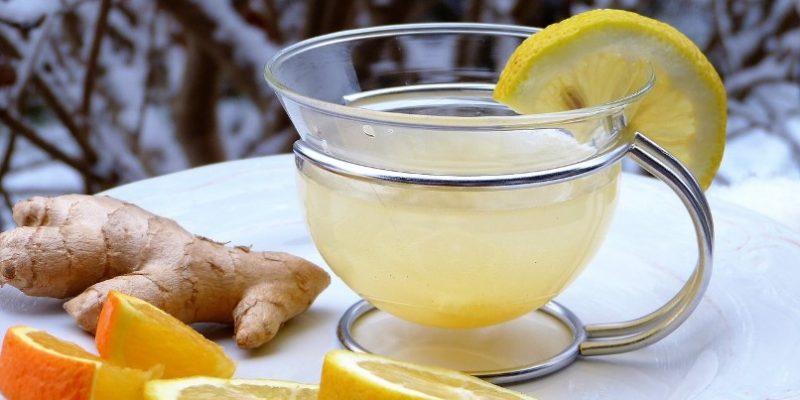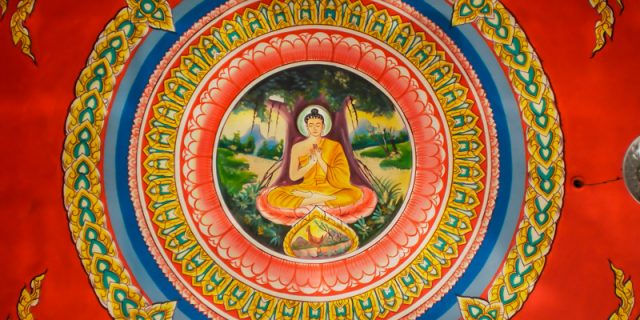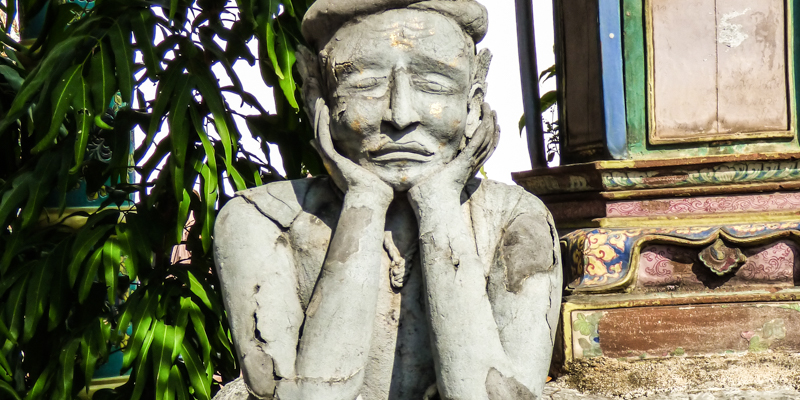
The Thai practice of Dhammanamai — also known as Dhammanamaya — is divided into three areas: Kayanamai (a healthy body), Jitanamai (a healthy mind) and Chevitanamai (a healthy lifestyle). In this article, we discuss the integration of Reusi Dat Ton (Thai Traditional Yoga) as one of the main activities in the Kayanamai part of Dhammanamai.
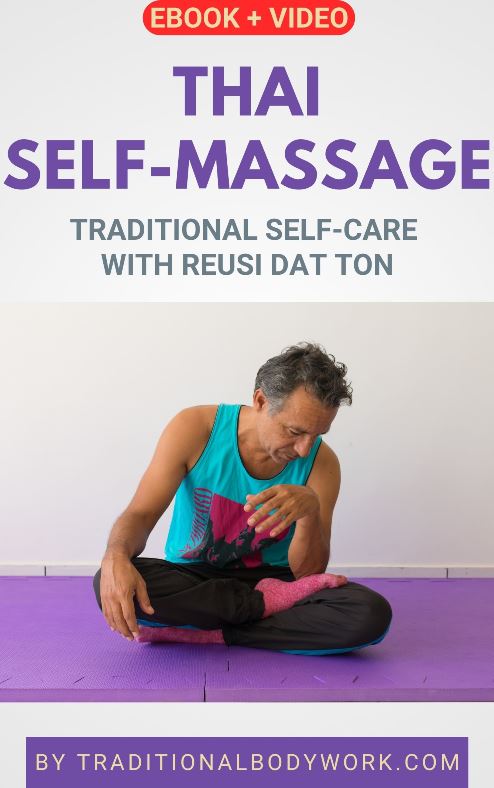
Dhammanamai is a form of holistic self-care of body and mind, which also takes our social life and immediate environment into account. It’s based on Thai Traditional Medicine (TTM) concepts, Buddhist relaxation techniques, and Buddhist moral precepts.
One could say that Dhammanamai is an applied form of TTM which corresponds with principles of natural health promotion. Its main goal is to enable people to increase control over their health and achieve a state of physical, mental and social wellbeing.
Within the Kayanamai area, consuming healthy food and herbal preparations and engaging in regular physical exercise are the two main pillars. As the foremost physical exercise method, Kayanamai advises to practice Reusi Dat Ton, which is a traditional Thai body and mind exercise modality consisting of self-stretches and self-massage.
It’s chosen in Kayanamai because Reusi Dat Ton can be suitable for all ages as a physical self-care technique. That is, it can be practiced as a low-impact whole-body exercise, while it’s able to adjust body balance and body structure, maintain health, and cure minor illnesses and discomforts.
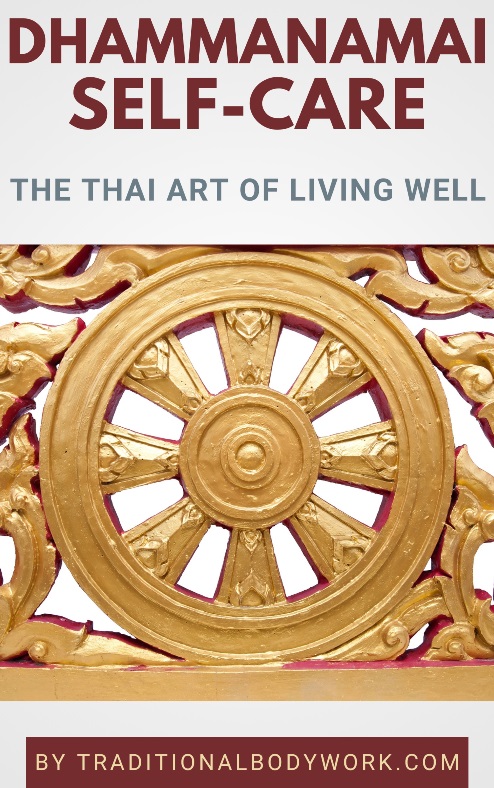
Although there are many types of Reusi Dat Ton exercises (more than 200 known) with different degrees of difficulty, the Thai have created basic sets that are suitable for the general public of which the best known are the Wat Pho 18 Ascetic Self-Stretching Exercises (from the Watpho Thai Traditional Medical & Massage School) and the 15 ITTM Contorted Hermit Exercises (from ITTM, the Institute of Thai Traditional Medicine).
Reusi Dat Ton also has a strong link with the Buddhist tradition. It emerged in the context of the Thai Ruesis (Rishis) who lived in caves or in the forest, and spent their life practicing meditation in seclusion striving after spiritual enlightenment and sacred knowledge for their own and mankind’s benefit.
It’s in connection to these Thai hermits that the term “Reusi Dat Ton” emerged, meaning “the ascetic who stretches himself.” The Thai Reusis (of which there are still practitioners to be found in Thailand) focus on understanding nature and living a natural way of life in balance with the natural elements, the Gods and spirits and in accordance with “natural law,” most commonly practiced within a Buddhist context.


